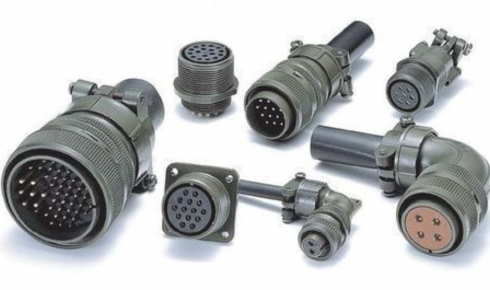If you’ve ever wondered about the whereabouts of your car’s engine computer, you’re not alone. The engine computer, also known as the Engine Control Module (ECM) or Powertrain Control Module (PCM), is a crucial component in modern vehicles. Let’s delve into its location and importance.
1. Understanding the Engine Computer:
The engine computer is like the brain of your car, controlling various functions such as fuel injection, ignition timing, and emission controls.
2. Engine Computer Location:
Typically, the engine computer is located inside the cabin of the vehicle, often beneath the dashboard on the passenger side.
3. Underneath the Dashboard:
Look for a rectangular metal or plastic casing with wires connected to it. This casing houses the engine computer and protects it from damage.
4. Passenger Side Placement:
Manufacturers often place the engine computer on the passenger side to shield it from excessive heat generated by the engine.
5. Engine Bay Location:
In some vehicles, especially older models or trucks, you might find the engine computer located in the engine bay itself, usually near the firewall.
6. Near the Firewall:
The firewall is the partition between the engine compartment and the passenger cabin. The engine computer may be mounted here for easy access and protection.
7. Consult the Owner’s Manual:
If you’re having trouble locating the engine computer, consult your vehicle’s owner’s manual. It often contains diagrams and descriptions of the various components.
8. Online Resources:
You can also search online forums or websites dedicated to your vehicle make and model. Enthusiasts often share valuable insights and tips on component locations.
9. Professional Assistance:
If you’re still unable to locate the engine computer, consider seeking assistance from a qualified mechanic or automotive technician.
10. Importance of the Engine Computer:
The engine computer plays a pivotal role in ensuring optimal engine performance, fuel efficiency, and emissions control.
11. Diagnostic Capabilities:
Modern engine computers are equipped with diagnostic capabilities, allowing mechanics to identify and troubleshoot issues quickly.
12. Programming and Updates:
The engine computer can also be programmed or updated to improve performance or address specific issues.
13. Vulnerability to Damage:
While the engine computer is designed to withstand typical driving conditions, it can be vulnerable to water damage or electrical surges.
14. Importance of Maintenance:
Regular maintenance of your vehicle, including checking for any signs of corrosion or damage to the engine computer, is essential for longevity.
15. Symptoms of a Faulty Engine Computer:
If your engine computer malfunctions, you may experience symptoms such as rough idling, poor fuel economy, or difficulty starting the engine.
16. Professional Diagnosis:
If you suspect a problem with your engine computer, it’s best to have it diagnosed by a professional to avoid further damage.
17. Replacement Procedure:
In the event of a faulty engine computer, replacement may be necessary. This typically involves disconnecting the old unit and installing a new one.
18. Cost Considerations:
The cost of replacing an engine computer can vary depending on the make and model of your vehicle and whether it requires programming.
19. OEM vs. Aftermarket:
You may have the option to choose between OEM (Original Equipment Manufacturer) or aftermarket engine computers. Consider factors such as warranty coverage and compatibility.
20. DIY vs. Professional Installation:
While some enthusiasts may attempt to replace the engine computer themselves, it’s often recommended to seek professional installation to ensure proper functioning.
21. Future Developments:
As automotive technology continues to evolve, the design and capabilities of engine computers are likely to advance as well, offering enhanced performance and efficiency.
22. Environmental Considerations:
Proper disposal of old engine computers is crucial to prevent environmental contamination. Be sure to adhere to local regulations when disposing of electronic waste.
23. Conclusion:
The engine computer is a critical component of modern vehicles, controlling various functions to ensure optimal performance. Knowing its location and understanding its importance can help you maintain and troubleshoot your vehicle effectively.
24. Stay Informed:
Stay informed about your vehicle’s components and systems to ensure smooth operation and longevity.
25. Consult Professionals:
When in doubt, don’t hesitate to consult with automotive professionals for guidance and assistance regarding your engine computer and other vehicle components.



